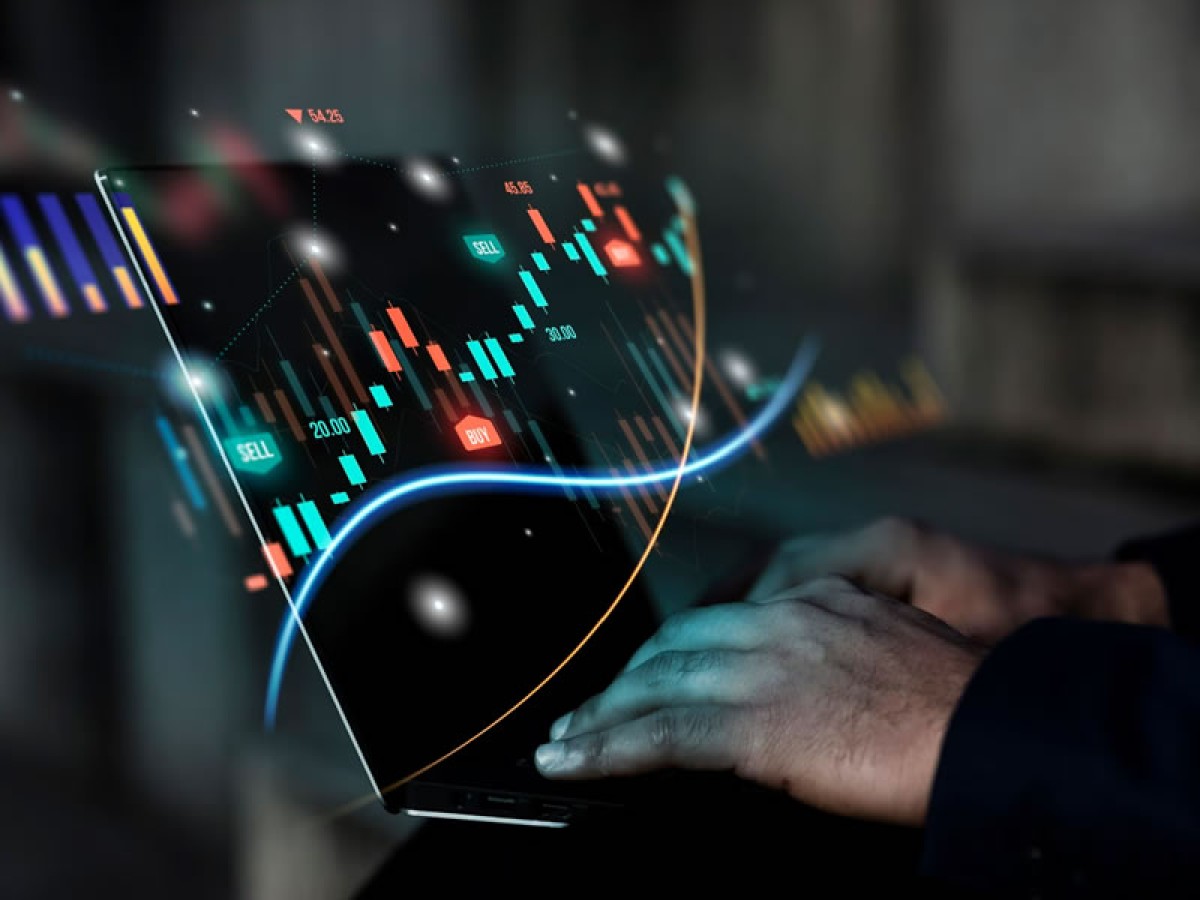Algorithmic trading, often referred to as algo trading, has revolutionized the landscape of financial markets, bringing a new level of efficiency, speed, and precision to trading activities. This sophisticated approach relies on computer algorithms to execute trades, replacing traditional manual methods. In this article, we will delve into the intricacies of algorithmic trading, exploring its mechanisms, advantages, and the impact it has had on financial markets.
At its core, algorithmic trading involves the use of pre-defined rules and instructions to automate the process of buying or selling financial instruments. These algorithms are designed to analyze vast amounts of market data, identify patterns, and execute trades at optimal prices and times. The speed at which these algorithms operate is a key advantage, as they can execute trades in a fraction of a second, responding to market changes much faster than human traders.
One of the primary goals of algorithmic trading is to capitalize on market inefficiencies. Algorithms can swiftly detect price discrepancies, arbitrage opportunities, and other anomalies, allowing traders to exploit these situations before the broader market catches up. This ability to seize fleeting opportunities is a major reason why algorithmic trading has become increasingly popular among institutional investors and hedge funds.
Risk management is a crucial aspect of algorithmic trading. While automation can enhance efficiency, it also introduces the potential for rapid and unintended consequences. To mitigate these risks, algorithms are carefully crafted and extensively backtested before deployment. Continuous monitoring and adjustments are essential to ensure that the algorithms adapt to changing market conditions and unforeseen events.
The rise of algorithmic trading has sparked debates about market fairness and stability. Critics argue that high-frequency trading, a subset of algorithmic trading, may contribute to market volatility and pose systemic risks. Regulators worldwide are closely monitoring these developments and implementing measures to maintain a fair and orderly market.
Despite the controversies, algorithmic trading has undeniably reshaped financial markets. It has increased liquidity, reduced trading costs, and facilitated more efficient price discovery. Moreover, it has democratized access to sophisticated trading strategies, allowing smaller market participants to compete on a more level playing field.
In conclusion, algorithmic trading is a powerful force that has transformed the dynamics of financial markets. Its ability to process vast amounts of data, execute trades at incredible speeds, and adapt to changing market conditions has made it an integral part of modern trading strategies. While challenges and debates persist, the undeniable impact of algorithmic trading underscores its significance in shaping the future of finance.

